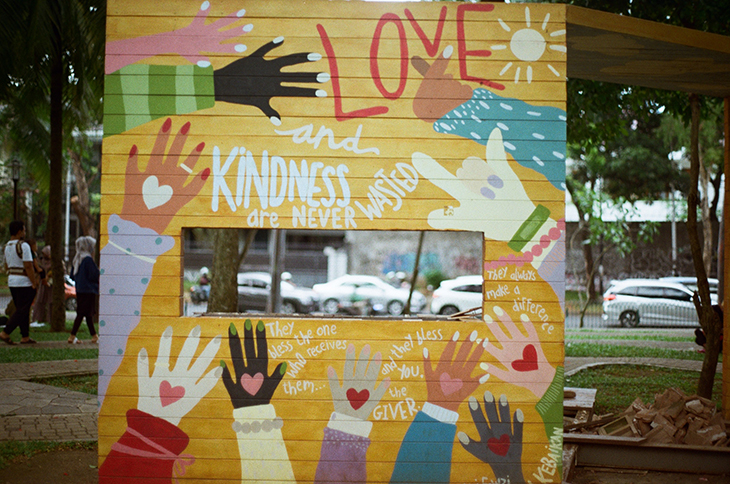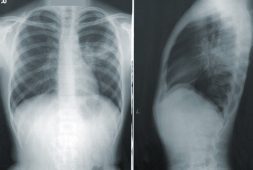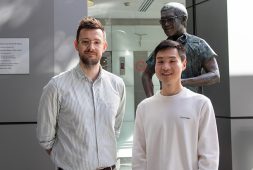
The innate human capacity for empathy and kindness towards others is deeply ingrained in our evolutionary history. And it has shown us that this is a crucial trait for creatures that thrive in highly social communities.
This inherent facet of our character has garnered fresh attention through a recent research study, illuminating the therapeutic promise of spontaneous acts of kindness as a means to alleviate symptoms of depression.
The study delved into the realm of cognitive behavioral therapy (CBT), a well-established non-pharmaceutical approach to treating depression and anxiety. CBT operates on the premise of confronting and challenging maladaptive thought and behavior patterns that fuel depressive or anxious states.
Through deliberate mental retraining, individuals learn to disengage from these patterns and redirect their cognitive processes toward more positive and constructive pathways.
As part of the study, various therapeutic interventions were explored to assess their effectiveness in combatting depressive symptoms. These interventions encompassed spontaneous acts of kindness, such as buying a stranger’s coffee at a place like Starbucks, or possibly baking chocolate chip cookies for the mailman.
In addition to these acts of goodwill, participants engaged in the deliberate planning of enjoyable activities to be undertaken twice a week. Furthermore, the study incorporated a cognitive reappraisal technique, designed to assist individuals dealing with depression or anxiety. This method involved recording triggering thoughts and actively contemplating strategies to diminish the resulting stress.
Throughout the study, participants documented their emotional states, encompassing feelings of social isolation, self-consciousness in public, and overall life satisfaction. These measurements were collected both before the study commenced, during its duration, and five weeks after its conclusion.
Coauthor of the study, Dr. Jennifer Cheavens of Ohio State University, said, “We did think that, if there was going to be an advantage of one group over another, it might be the thoughts record group, since that’s such a tried-and-true way of addressing depressive [and anxiety] symptoms.”
She adds, “But the kindness group did as well or better, and that group also had increases in social connection that didn’t happen in the other two groups.”
The study provided some fascinating insights into the therapeutic impacts of these interventions. Notably, all three groups engaged in random acts of kindness exhibited a particularly pronounced initial impact on positive cognition and emotions, which gradually subsided as the study progressed.
In contrast, the group practicing cognitive reappraisal witnessed an opposite trend, starting with initial negativity and gradually intensifying over time.
Another huge surprise was how easy it was for these random acts of kindness groups to perform these kind acts in the first place.
Cheavens continued, “I was surprised it was not a particularly hard sell. The people in the acts of kindness group had better uptake in some ways than the people in other groups.”
A notable revelation was the ease with which the group performed these random acts of kindness. This particular finding holds significant implications since it brings about the importance of fostering connections with others.
Interestingly, social isolation, the study shows, is a high-risk factor for well-being, akin to the health risks associated with smoking 15 cigarettes a day.
As for Dr. Cheavans, she believes that random acts of kindness can serve as a potent therapeutic strategy, serving as an “add-on therapy” to a wide range of mental health disorders. She shares that any endeavor that allows people to get out of their own thoughts can offer substantial benefits to overall well-being.



